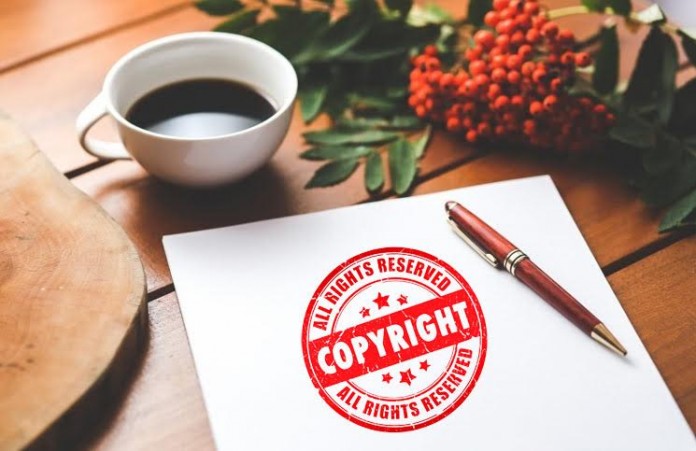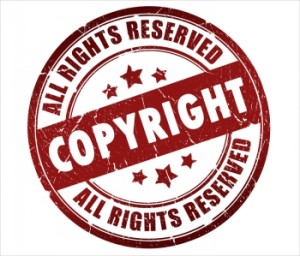In this blog post, Yashika Joshi, who is currently pursuing a Diploma in Entrepreneurship Administration and Business Laws from NUJS, Kolkata, writes a detained note on licenses issued by copyright owners.
A license is the transfer of interest in copyright. In a license, the right to use a copyright is given to another party with some restrictions on such usage. A license can grant the right in the copyright of work which is already in existence or copyright in some future work which is yet to come in existence. A licensee can use the copyrighted work without any claim of infringement or unauthorized use being brought by the owner of the copyright against the licensee.
A license agreement should contain the following details in order to be enforced:
- Identification of the work and rights licensed
- Duration of the license
- Amount of royalty payable
- Conditions relating to revision, extension and/or termination of the license.
The license should be in writing and should be duly signed by the owner of the copyright or his duly authorized agent. Details about the present or future copyright work where the licensee of a future work dies before such work comes into existence then his legal representatives will be entitled to the benefit of the license, provided there is nothing contrary to it.
A license can be of two types:
- Voluntary License
- Compulsory License
Voluntary license is covered under Section 30 of Indian Copyright Act, which defines voluntary licensing as:
The owner of copyright in any existing work or the prospective owner of copyright in any future work may grant any interest in the right by license in writing signed by him or by duly authorized agent.
Therefore, the owner of the copyright of an existing work or a prospective owner of a future copyright can grant an interest in the right by way of license, in a case of the copyright of a future work the license will come in force only when the work comes into existence.
A compulsory license is covered under Section 31 of Indian Copyright Act. It is a term used for the statutory license which gives an exclusive right to do an act without the prior permission of the owner of the copyright. Section 31 provides for compulsory licensing of copyrighted work which is withheld from the public.
In case a copyright owner has refused to:
- Republish or allow for the republication of the work or has refused to allow the performance of the work in public due to which the work is withheld from the public;
- Allow communication of the work to the public by way of a broadcast of such work, or in the case of a sound recording the work recorded in such sound recording on terms which the complainant considers reasonable.
The copyright board, can after providing a reasonable opportunity to the copyright owner to be heard, subsequently conducting an investigation and being satisfied, may order the Registrar of Copyrights to issue a compulsory license to the complainant so that he can republish the work, broadcast or communicate the work to the public, etc.
The primary objective of compulsory licensing is to make available the copyrighted work to the general public. The copyrights give protection to the work of writers, artists, etc. so that they can benefit from the results of their hard work and creativity. However, such work should be available to the people for access. Sometimes, the owners of copyright are not willing to part from their work so in such a case, in order to make the work available to the people, compulsory licenses are granted by the Registrar of Copyrights.
Licenses can be exclusive and non-exclusive
An exclusive license means a license which confers on the licensee or the licensee and the person authorized by him to the exclusion of all other persons (including the owner of the copyright), any right comprised in the copyright in work. An exclusive licensee is one who has got such a right [Sec 2(j)].
In the non-exclusive license, the owner of the copyright is not deprived of his right to grant a license to persons other than the licensee. He may use the copyright himself as well.
The license can be for an indefinite period or limited to a definite period. In case the license is to publish a literary or some other work, then the publisher cannot be restrained from selling the unsold copies published in the license period after the expiry of that period. This is subject to any agreement to the contrary.
There can be an implied license, i.e., licenses can be implied by the circumstances or by a course of conduct. If a person sends a letter to the editor of newspaper or magazine, then it is implied that the editor has the right to publish it as well. This might be subject to any royalty payment.
Validity of a license
If the licensee does not exercise the right granted to him in the license deed within one year, then the license with respect to such right will be deemed to be lapsed after the expiry of one year unless otherwise specified in the license deed.
If the period of the license is not mentioned in the deed, then it will be deemed to be for five years.
In the case of any dispute between the licensor and licensee, the aggrieved party can file a complaint with the Copyright Board, which will hold an inquiry and pass suitable orders which may include an order for any royalty payable.
An order for the revocation of the license cannot be passed before the expiry of a period of five years unless the terms of the agreement are too harsh for the licensor and where the licensor is also the author
Copyright might have more than one owner. In such a case, if a joint owner grants a license of the copyright or any part of it without the consent of other owners/co-owners, then the co-owner can sue that joint owner and the licensee to whom such right has been granted.
Consideration forms an important part of granting a license for copyright. If there is not a consideration, then the license is revocable, however, if there is some consideration then it is irrevocable as interest is created in the copyright.
 Serato DJ Crack 2025Serato DJ PRO Crack
Serato DJ Crack 2025Serato DJ PRO Crack













 Allow notifications
Allow notifications


